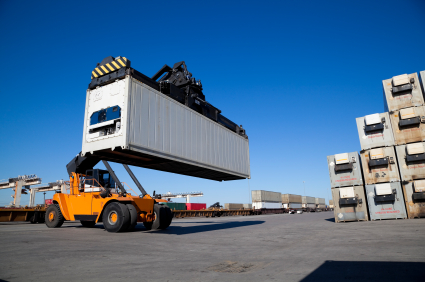Institute cargo clauses are attached to a type of marine insurance that covers cargo in transit. These clauses are to specify what items in the cargo are covered should there be damage or loss to the shipment. Institute cargo clauses can cover everything from the cargo itself to the container that holds it to the mode of transportation used to ship it.
There are three basic sets of institute cargo clauses; A, B, C. Just like you are able to get insurance on smaller, domestic packages; bulk freight is insured too.
These clauses were developed by the International Chamber of Commerce as a means of insurance for cargo while it is being shipped from the original location to its final destination.
Just like auto insurance, the higher premium you pay the more coverage you get. The three clauses are briefly described the same way:
– Institute Cargo Clause A is considered the widest insurance coverage and you should expect to pay the highest premium because you are asking for total coverage.
– Institute Cargo Clause B is considered a more restrictive coverage and you should expect to pay a moderate premium because perhaps you are only requesting the more valuable items in your cargo to be covered or only partial cargo coverage.
– Institute Cargo Clause C is considered the most restrictive coverage and you will probably pay the lowest premium but your cargo coverage will be much less.
Each of the institute cargo clauses are reserved for goods in transit. The items being shipped are considered goods in transit when they have departed the original location and are in transit to the final destination.
When goods are insured during transport, whether it be by land, air or sea; it means that if the cargo is damaged or lost during transit it will be refunded or replaced to whichever party held the “technical” ownership.
For instance, the receiver of the shipment may not claim it on their inventory until it is actually received in which case the shipper still holds ownership. Should the insured cargo be damaged, the shipper will receive the benefits of the insurance for their goods and the purchaser will be issued a refund. Having the cargo insured is a win-win for both parties.

